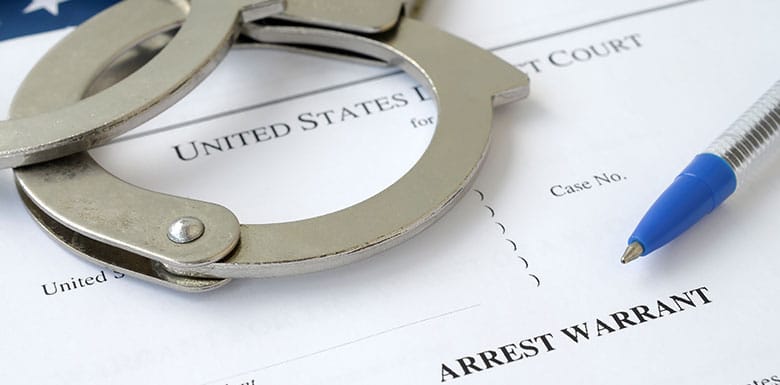How Reliable Is Fingerprint Evidence?
One of the most common types of evidence police claim to be unyielding proof of guilt is fingerprints. But how reliable is fingerprint evidence? Many people have been led to believe that fingerprints fully confirm that someone has committed a crime.
While fingerprints may be unique and capable of identifying someone, they should never be taken as irrefutable proof of guilt. Fingerprints may prove that someone was physically at the location where a crime occurred, but that does not mean the individual committed a crime.
How Do Investigators Collect Fingerprints?
Fingerprints can occur anywhere. You touch paperwork, windows, door handles, mirrors, countertops, and other spaces daily. When fingertips encounter substances like blood or other materials, they can easily leave prints behind.
However, these fingerprints are not always easily visible to the naked eye. Forensic experts must obtain these fingerprints through special techniques, including dusting them with powder and attempting to lift the fingerprint pattern with tape. Once the fingerprints have been lifted, they can be further analyzed to establish identification.
How Do Fingerprints Identify Individuals?
Each person’s fingerprint has specific characteristics called loops, whorls, and arches. These are the unique lines present on everyone’s fingerprint. These line patterns are different for everybody and help determine an individual’s identity. An investigator may pull a fingerprint from a crime scene and compare the ridges and lines to determine if they match your fingerprint.
Does a Print Match Warrant a Conviction?
Although many people accused of crimes will assume fingerprint evidence is irrefutable proof of their guilt, your criminal defense lawyer will understand that having a “match” should not warrant a conviction. Depending on the circumstances of your case, there could be countless fingerprints present at the scene of the crime.
In many situations, these fingerprints are unusable. If law enforcement officials claim that your fingerprints match those found at the crime scene, your Oakland criminal defense attorney will need to introduce evidence that can demonstrate reasonable doubt.
What’s the Problem with Fingerprint Evidence?
You might be shocked to learn that, even though fingerprint evidence has long been considered proof, the results of these scientific tests may often be subjective.
Fingerprint analysts must review ridge quality that cannot be replicated. Results may not always be reliable in cases like this. Although fingerprint features are not selected based on reliability but rather quality, fingerprint analysts are still required to testify in court on the basis of absolute certainty. This is because the burden of proof in criminal cases is beyond a reasonable doubt.
Fingerprint evidence is not always capable of absolute certainty. This is because of several factors, including:
- Analyst subjectivity
- Lack of validity of the fingerprint testing processes
- Inability to retest fingerprints
- Lack of standards to determine matches
- Lack of standards to exclude individuals
Fingerprint analysis is not ironclad proof that a defendant is guilty of committing a crime. Fingerprint evidence has a more significant error rate than many jurors realize. Your criminal defense attorney can question the fingerprint analyst’s confidence in the conclusions they drew from the evidence in your case to help clear your name.
Get Help From a Criminal Defense Attorney at Morris Law
When police, law enforcement, or the state’s prosecuting attorney claims that your fingerprints are proof of your guilt, you need experienced Oakland felony lawyers to help clear your name.
Our team at Morris Law, A Criminal Defense Firm will be prepared to challenge the fingerprint evidence in your case wherever necessary. Schedule your confidential consultation as soon as today when you call our office at 510-225-9955 or complete our secured contact form.



